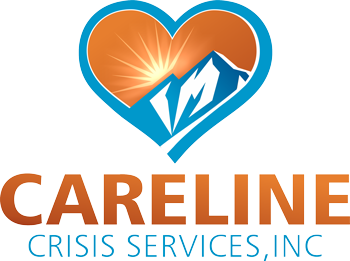On July 16, 2022, The National Suicide Prevention Lifeline switched to a three-digit number (9-8-8). Having an easy-to-remember number for those needing mental health support has been in the planning stages for many years. In 2020, Congress designated 988 as the new dialing code to operate through the existing National Suicide Prevention Lifeline network of local call centers, which are staffed by trained crisis counselors.
988 is more than just a number—it is a direct connection to compassionate, accessible support for anyone experiencing mental health related distress, including thoughts of suicide, mental health or substance use crisis, or any other kind of emotional distress.
Who should call 988?
988 can be used by anyone, any time. 988 is a direct connection to compassionate care and support for anyone who might be experiencing suicidal thoughts, who is at risk of suicide, or who is struggling with emotional distress. The Lifeline is free and confidential, with operators that treat callers with respect and listen without judgment.
If you are calling about a friend or family member who is in distress, the person on the phone will walk you through how to help and provide resources. No matter your circumstances, there is no wrong door when accessing the Lifeline.
What happens when I call 988?
If you are in crisis or suicidal and call 988 you will talk to a highly trained and compassionate call center professional. All calls are routed to a call center where a crisis counselor will provide confidential support 24 hours a day, 7 days a week for anyone of any age, including non-English speakers and those who are deaf or hard of hearing.
You typically will be greeted by an automated system and selection of prompts including options for Spanish speakers and Veterans. A trained crisis counselor will answer the phone and assess the situation and risk to determine how to best respond in order to keep the caller safe. Calls may last for as long as the caller needs to talk through the situation. In rare cases, the crisis counselor might need to alert local law enforcement to make sure a person is safe. In many cases a follow-up call will occur within an agreed upon timeframe.

